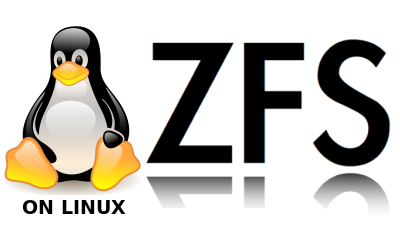mirror of
https://git.proxmox.com/git/mirror_zfs.git
synced 2026-01-25 10:12:13 +03:00
On large systems, the memory used by loaded metaslabs can become a concern. While range trees are a fairly efficient data structure, on heavily fragmented pools they can still consume a significant amount of memory. This problem is amplified when we fail to unload metaslabs that we aren't using. Currently, we only unload a metaslab during metaslab_sync_done; in order for that function to be called on a given metaslab in a given txg, we have to have dirtied that metaslab in that txg. If the dirtying was the result of an allocation, we wouldn't be unloading it (since it wouldn't be 8 txgs since it was selected), so in effect we only unload a metaslab during txgs where it's being freed from. We move the unload logic from sync_done to a new function, and call that function on all metaslabs in a given vdev during vdev_sync_done(). Reviewed-by: Richard Elling <Richard.Elling@RichardElling.com> Reviewed-by: Brian Behlendorf <behlendorf1@llnl.gov> Signed-off-by: Paul Dagnelie <pcd@delphix.com> Closes #8837 |
||
|---|---|---|
| .github | ||
| cmd | ||
| config | ||
| contrib | ||
| etc | ||
| include | ||
| lib | ||
| man | ||
| module | ||
| rpm | ||
| scripts | ||
| tests | ||
| udev | ||
| .gitignore | ||
| .gitmodules | ||
| .travis.yml | ||
| AUTHORS | ||
| autogen.sh | ||
| CODE_OF_CONDUCT.md | ||
| configure.ac | ||
| copy-builtin | ||
| COPYRIGHT | ||
| LICENSE | ||
| Makefile.am | ||
| META | ||
| NEWS | ||
| NOTICE | ||
| README.md | ||
| TEST | ||
| zfs.release.in | ||
ZFS on Linux is an advanced file system and volume manager which was originally developed for Solaris and is now maintained by the OpenZFS community.
Official Resources
Installation
Full documentation for installing ZoL on your favorite Linux distribution can be found at our site.
Contribute & Develop
We have a separate document with contribution guidelines.
Release
ZFS on Linux is released under a CDDL license.
For more details see the NOTICE, LICENSE and COPYRIGHT files; UCRL-CODE-235197
Supported Kernels
- The
METAfile contains the officially recognized supported kernel versions.
